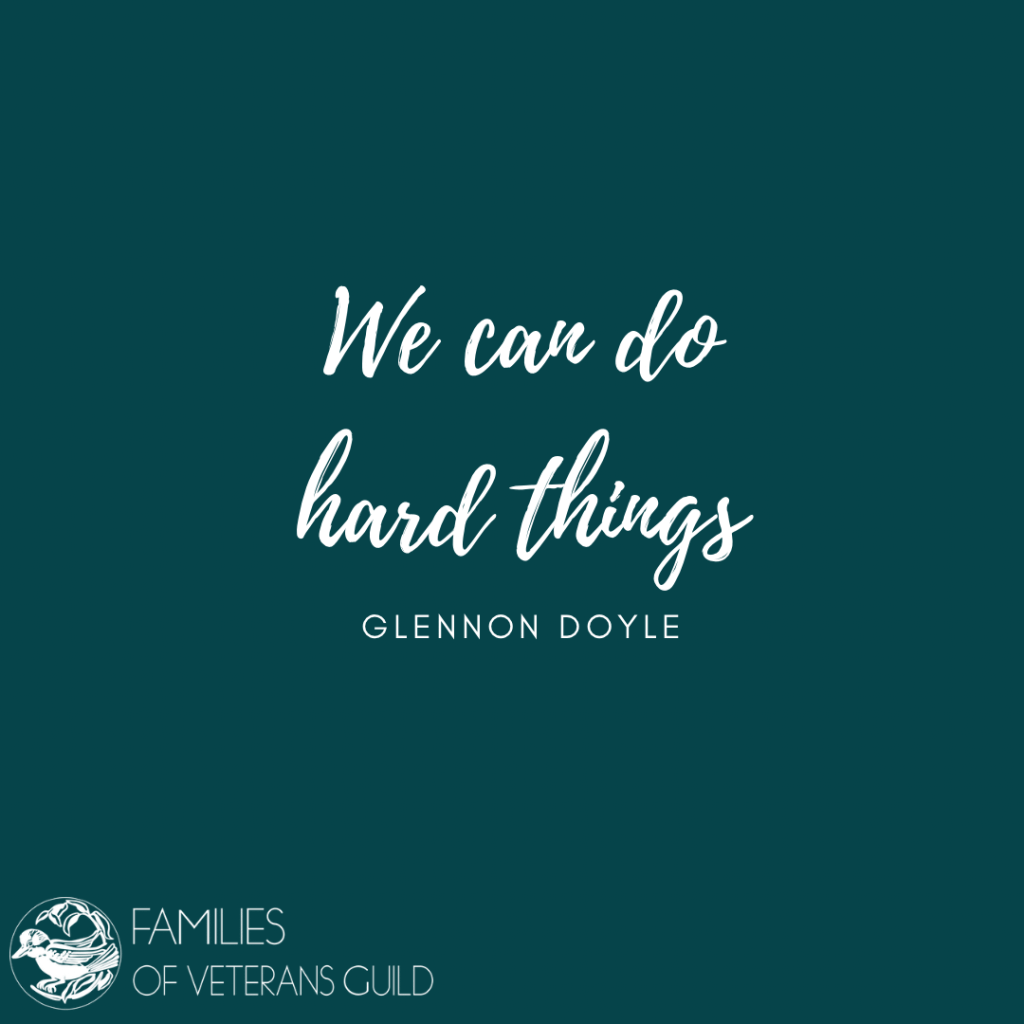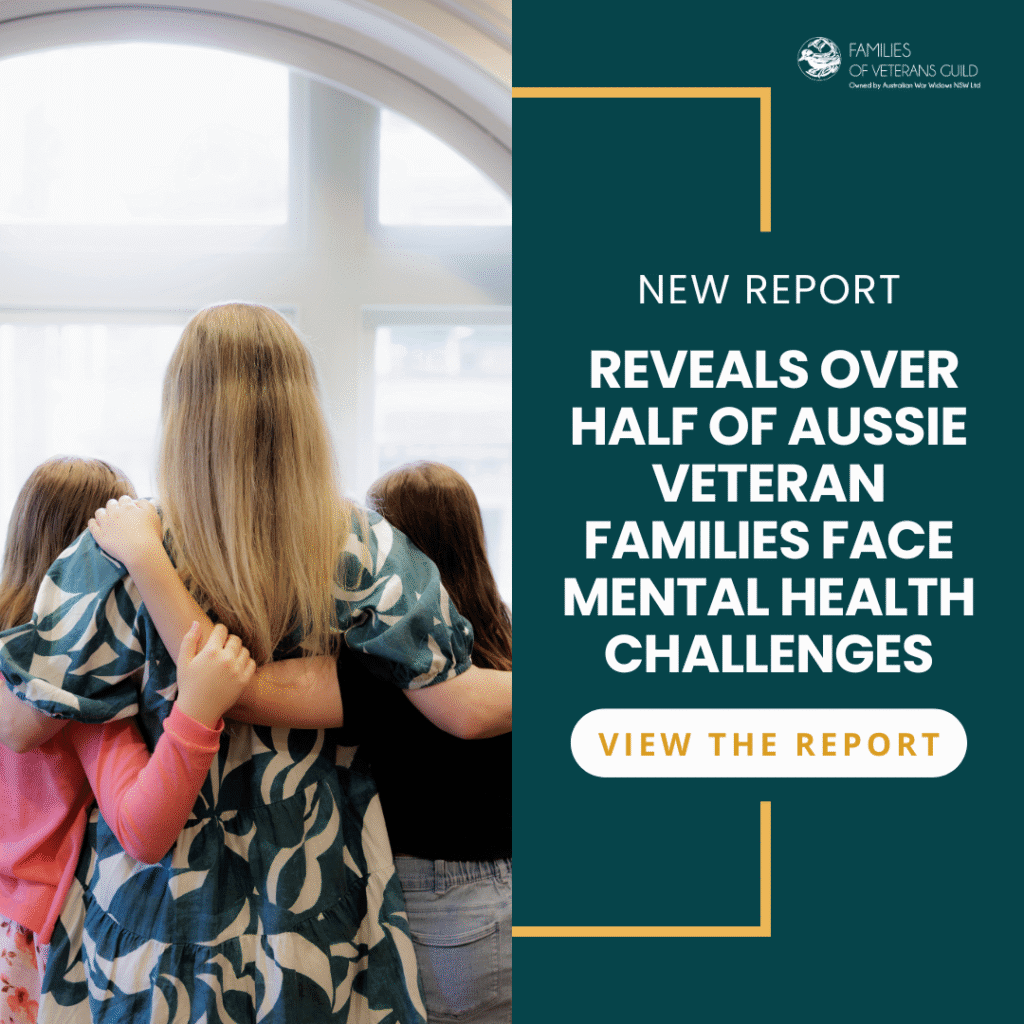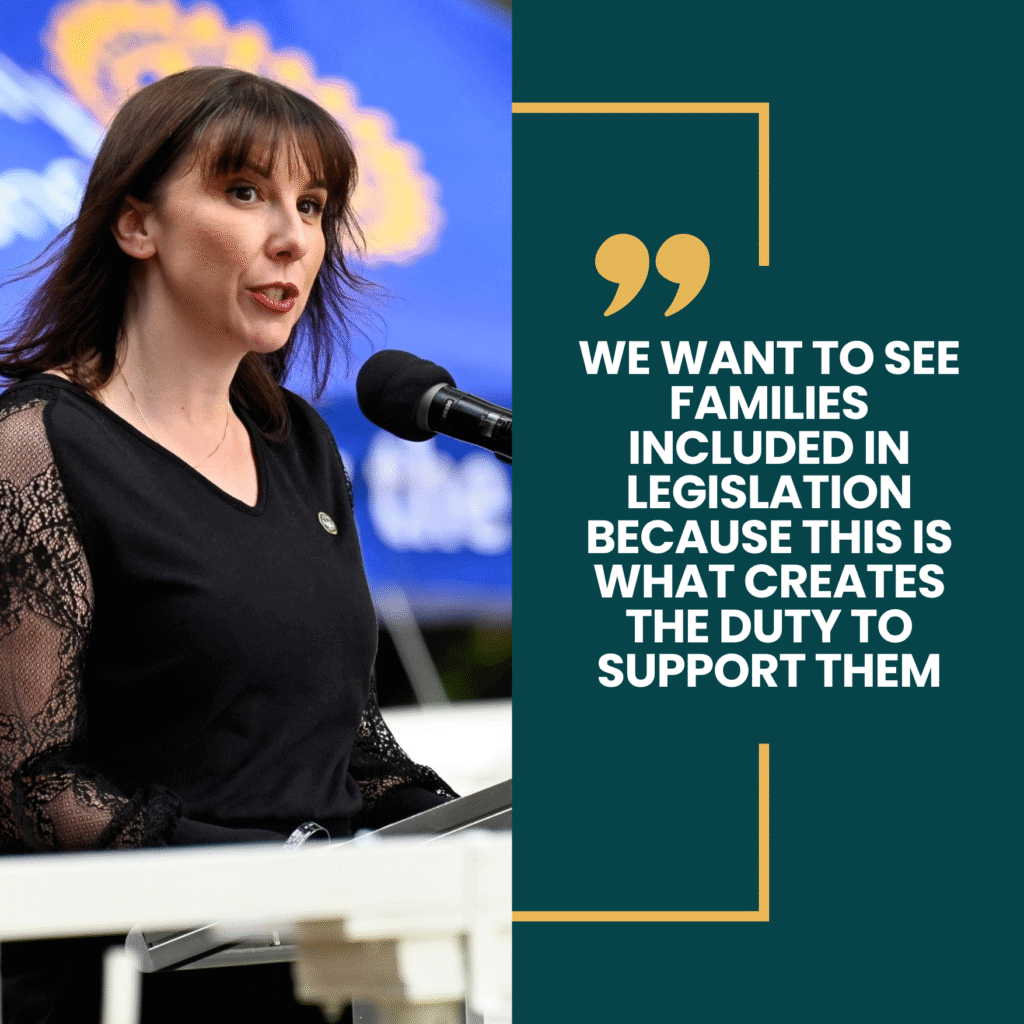A first step to a much larger body of reform work
A significant step toward system reform was made today with the Veterans’ Entitlements, Treatment and Support (Simplification and Harmonisation) Bill 2024 introduced into Parliament. For so long this piece of work has been deemed too difficult and unpopular therefore nothing has changed.
We are glad to see that finally really change is on its way. As Glennon Doyle reminds us “we can do hard things.” And this Bill is testament to that fact. Just because something isn’t easy doesn’t mean it is impossible or not worth doing.
This Bill must pass, however it is important to recognise that this Bill is merely the first step to a much larger body of reform work, including within the legislation itself. This Bill, if passed will get our sector out of the starting blocks and we cannot stop once we start.
To improve conditions, entitlements and pathways to support and recognition for the families of veterans we would like to see further improvement to the legislative framework such as:
- Recognising veteran families and their role in the new legislative framework.
- Remove privacy barriers which prevent families from being meaningfully engaged
- Removal of inequity in the provision of funeral entitlements.
- Removal of inequity for bereaved families under the Acute Support Package.
- Extension of entitlements for children of veterans who have passed in or because of their service for lifetime mental health care.
- Adjust prescribed limits to domestic assistance provisions to allow greater flexibility in their application. Empowering veterans and families to be able to keep pace with the costs of services.
- Including veteran family engagement and a role for DVA in the provisions that govern Transition Support.
- Adjustments to the attendant care entitlements to reflect community understanding, expectation, and language.
- Adjustment to the wholly dependent partner provisions to reflect community understanding, expectation, and language; and
- Extending liability provisions to cover deaths in duty caused by disease which has been treated while the person is a member of the ADF and has passed as a result of that disease while in service.
To stay informed on our advocacy work and get involved, subscribe to our newsletter today.




